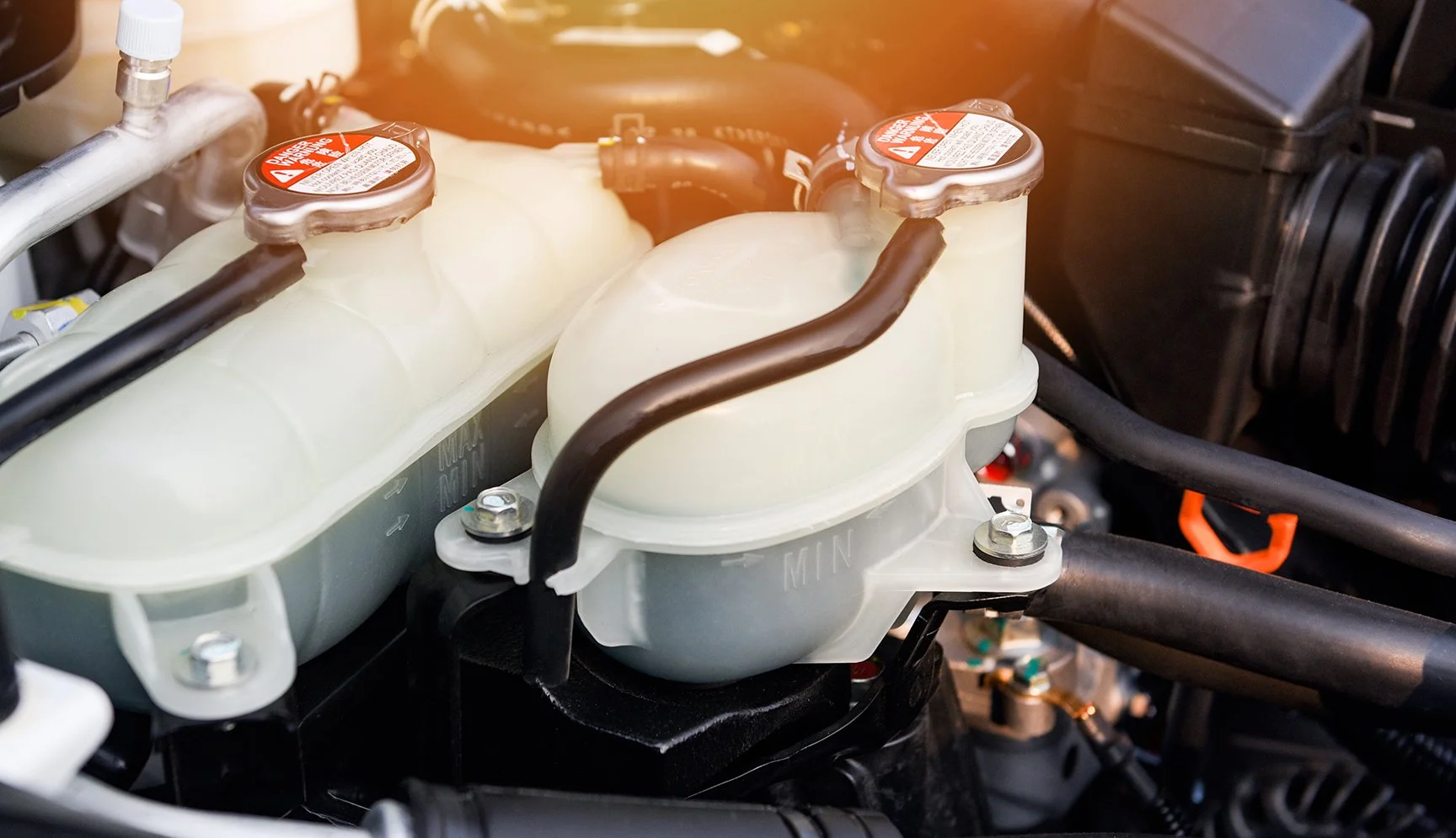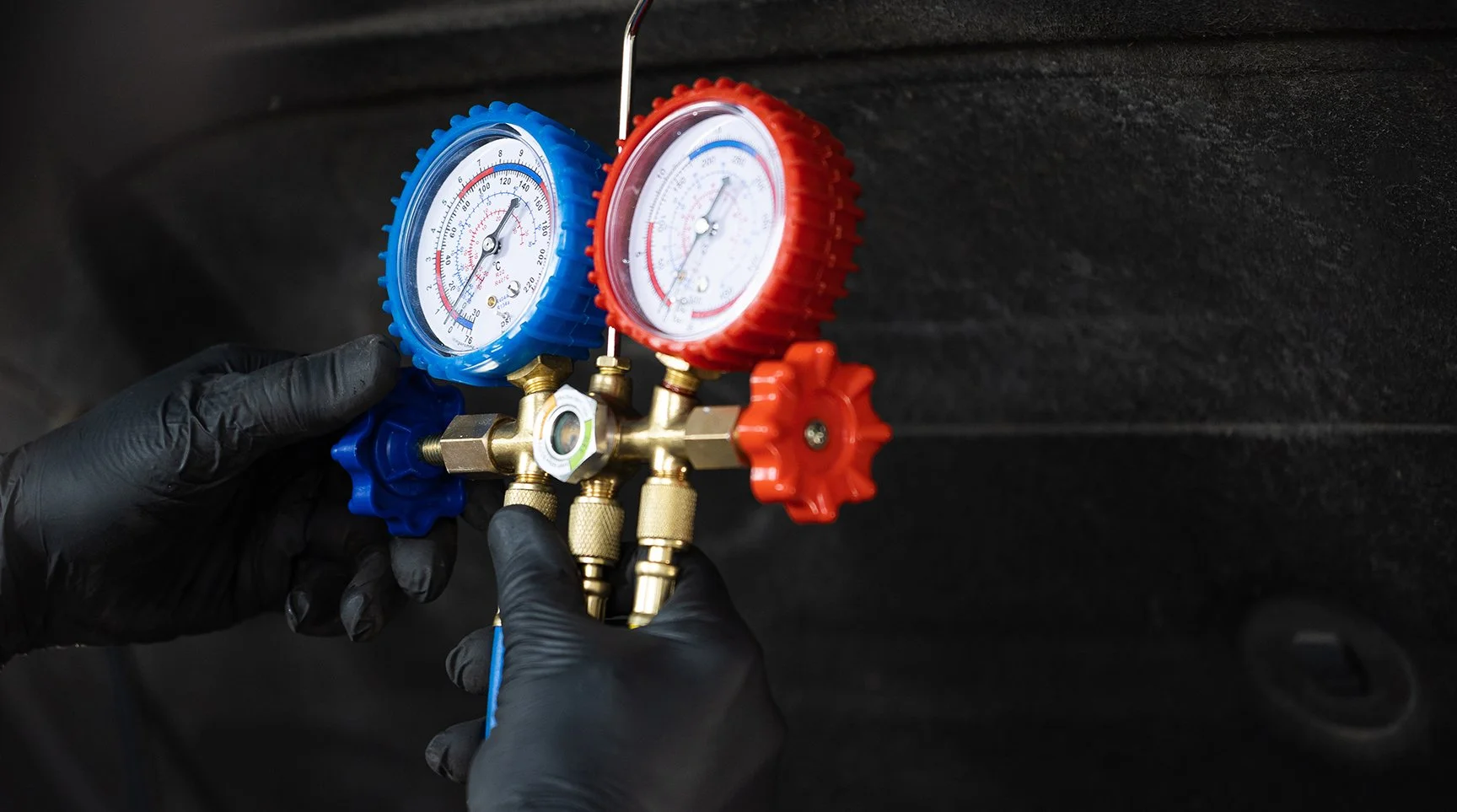
Auto Cooling System Diagnostic
Keep Your Engine Cool: Understanding Your Vehicle's Cooling System
Your car's cooling system plays a vital role in protecting your engine. Inside your engine, spark plugs ignite gasoline, creating tiny explosions that power your vehicle. These explosions generate intense heat, which, if not managed, can severely damage your engine. That's where the cooling system steps in.
Liquid coolant circulates through passages in the engine, absorbing this heat. The now-hot coolant then travels through rubber hoses to the radiator, where air from your vehicle's grille cools it down. This continuous cycle keeps your engine at a safe operating temperature. Your cooling system has many important parts, and our mechanics and specialists can inspect all of them.
Cooling System Maintenance
During your cooling system maintenance, your technician will check:
Hoses and belts for signs of holes or cracks.
Your fluid level and condition.
Signs of deterioration and rust.
Deposits or fluids that could indicate damage or leaks.
Whether all components, fans, and the thermostat are functioning correctly.
When driving in extremely cold temperatures, it's crucial to ensure you have adequate levels of antifreeze in your car. This prevents your liquid coolants and other engine fluids from freezing. Over time, your vehicle’s cooling system can develop scale deposits that restrict coolant flow, requiring a cooling system flush. Our skilled technicians will make sure your car's cooling system is in proper working order.
Important Cooling System Reminders:
Your antifreeze and coolant system should be flushed every 30,000 to 50,000 miles or every 2 years.
Your coolant levels should be inspected during every oil change.

